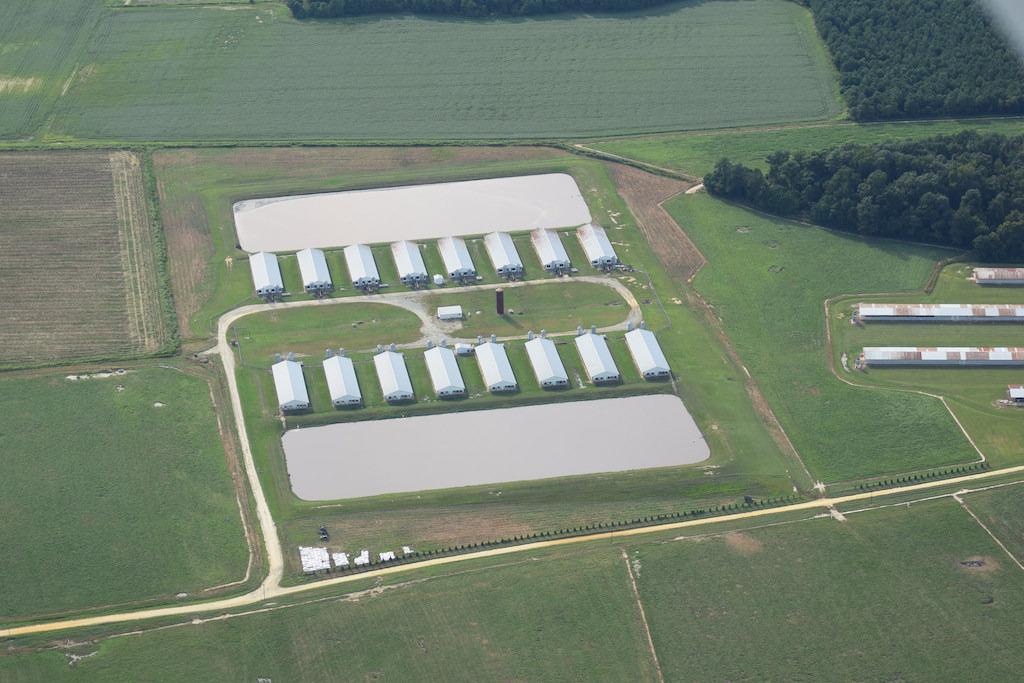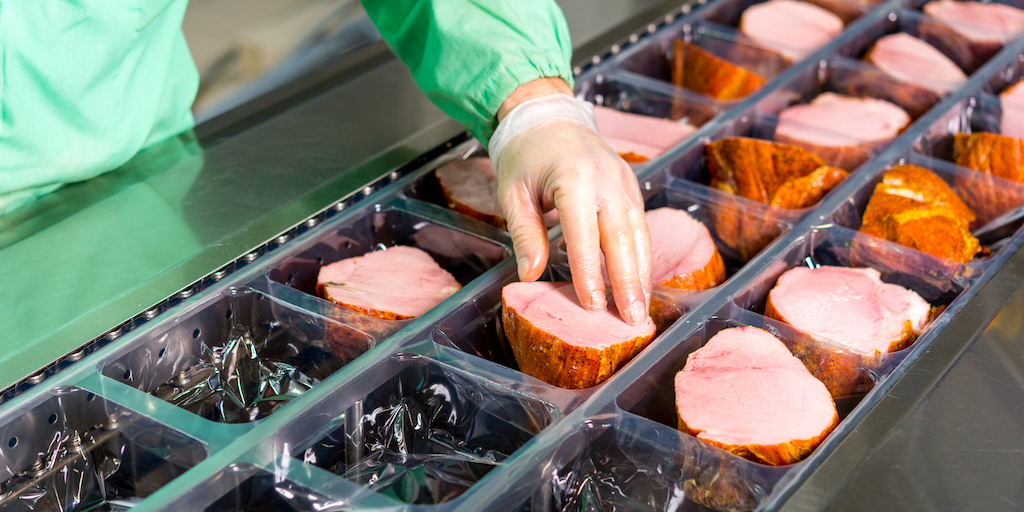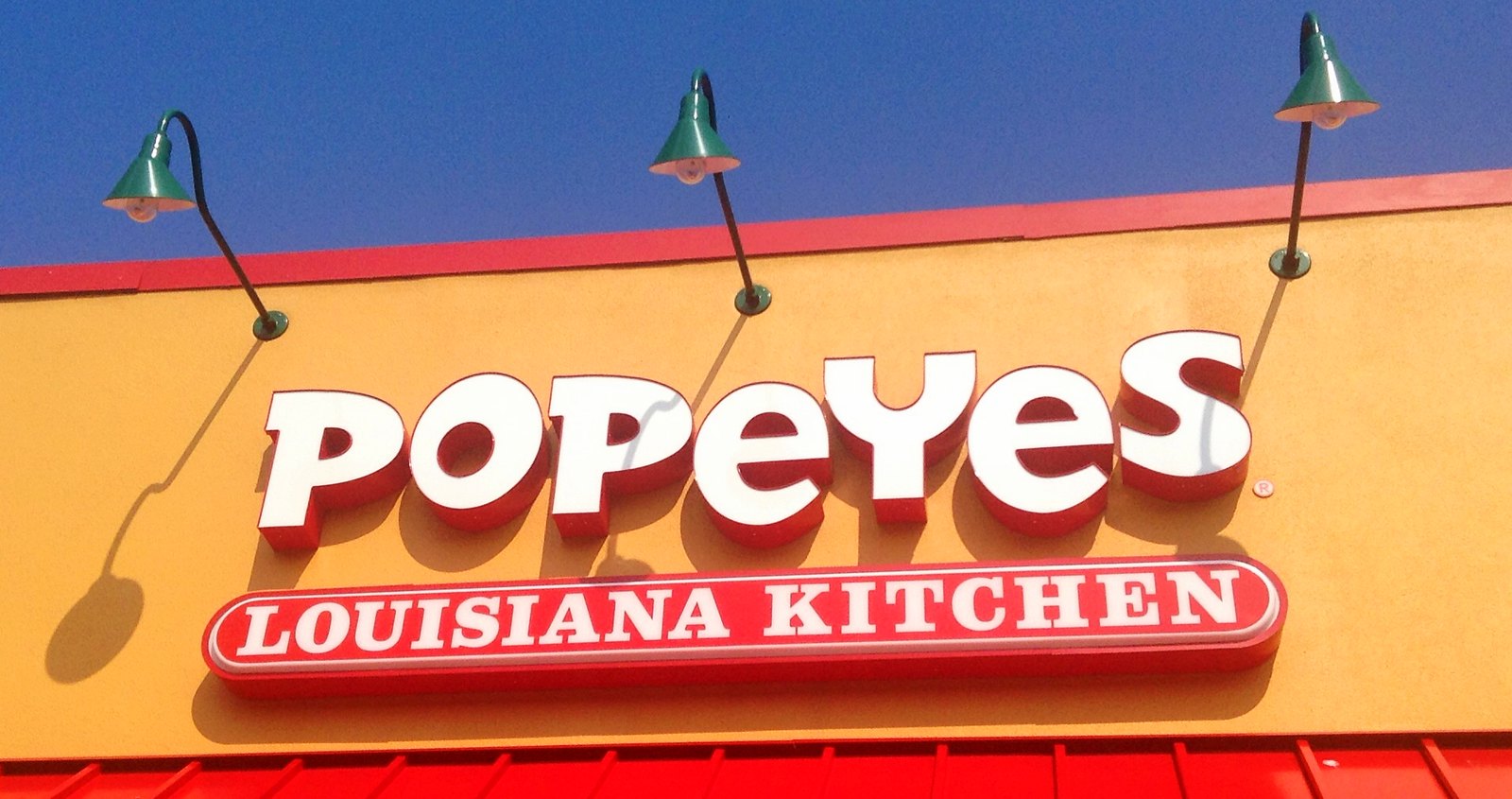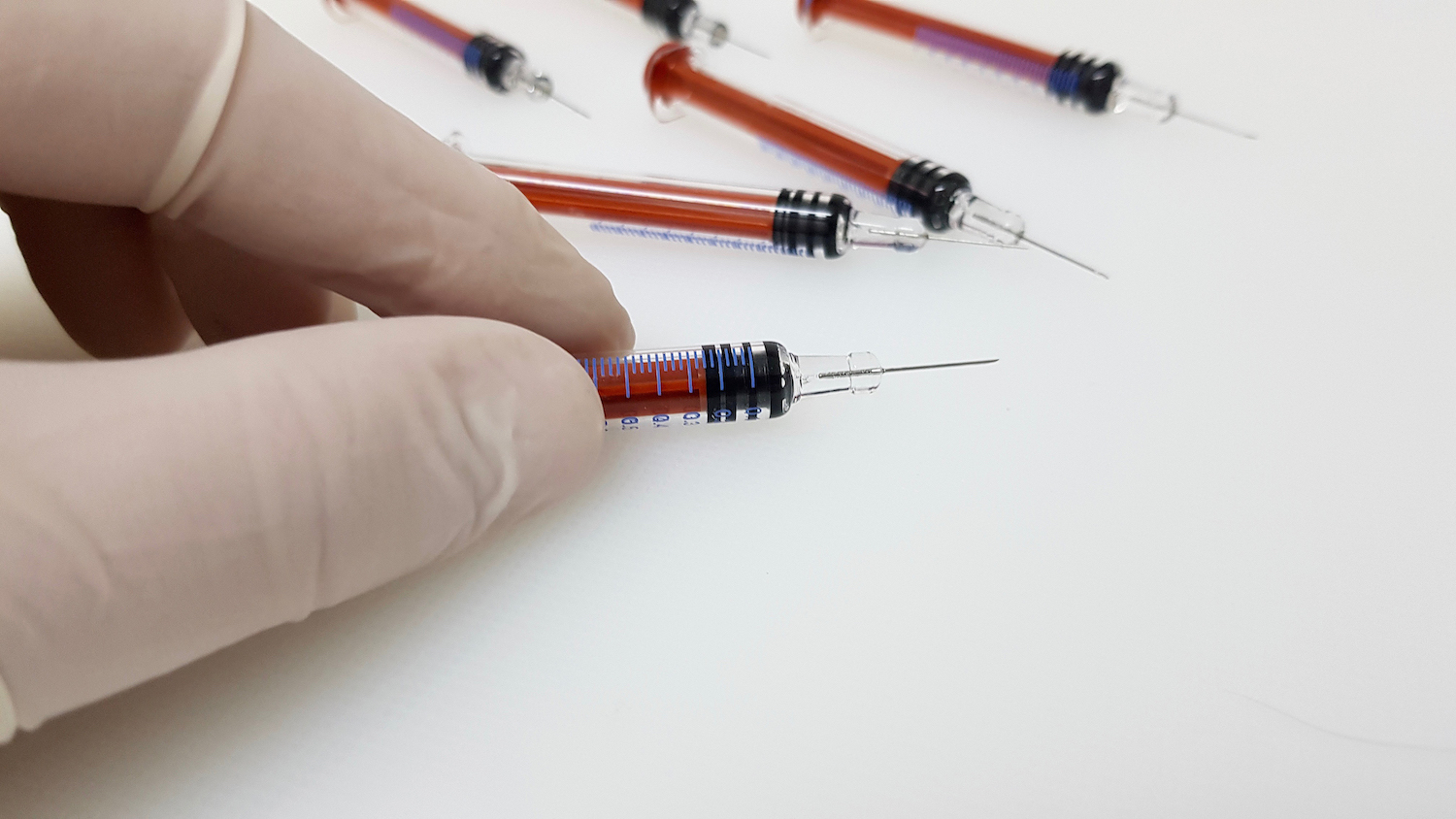
Mae Mu / Unsplash
This is the web version of a list we publish twice-weekly in our newsletter. It comprises the most noteworthy food stories of the moment, selected by our editors. Get it first here.
Metallic meat. Tyson Foods is recalling over 11.7 million pounds of chicken strips that may have been contaminated with metal shavings—in addition to 60,000-plus pounds that were originally pulled back in March. The expanded recall is being conducted out of “an abundance of caution,” Manufacturing.Net reports. You can find a complete list of labels and products affected here. As we’ve reported in the past, there has, in fact, been an uptick in metal and rubber contaminants in food in recent years. But is it something to fret over? Probably not!
A secret the size of an almond. Despite the dairy industry’s broad, seemingly misguided support for laws that ban the use of words like “milk,” “cheese,” and “butter” from products that don’t come from an udder (soy milk, cashew cheese), Big Milk seems to be keeping its money far from its mouth. Bloomberg reports that companies like Organic Valley and Dean Foods are investing in plant-based alternatives. The future of dairy may be dairy-free.
The people united. Last week, we reported that restaurant workers are just about the country’s least-unionized workforce. But you know who might be even less unionized? Farmworkers. That’s because hundreds of thousands of them are foreign guest workers, brought in to toil for a few months at a time under H-2A visas. What’s more, in most states, farmworkers don’t have the right to organize. Civil Eats explains.
Inside my DNA. In the 1960s, the Campbell’s Soup Company introduced a gene-edited tomato into its supply chain. Unlike other tomatoes, this breed grew on rounded vines, instead of gnarly ones that poked, prodded, and punctured harvested produce. Sounds great, right? Turns out, the gene-edited tomatoes awakened a sleeping beast inside the tomato’s DNA. Basically, the Campbell’s mutation interacted with another gene—called a “cryptic mutation”—that remains hidden until combined with other mutations. As a result, the gene-edited tomato plant produced many fewer tomatoes than expected. Oops! Quartz has the story.
Bad news. Why is USDA moving the Economic Research Agency out of Washington, D.C.? We’ve reported that it may be because the Trump administration doesn’t like the agency’s findings, which often undermine the President’s political messaging. Those economists are quitting the agency in record numbers, according to Politico, in response to actions from the White House.
Well that’s simply impossible. In the wake of aggressive national promotion and distribution, the Impossible Burger company is experiencing growing pains. Namely, there aren’t enough plant-based burgers to keep up with demand. As Supply Chain Dive notes, this isn’t a problem with ingredient sourcing (heme is abundant!), but rather plain old production capacity issues. Never fear: Impossible’s CEO promises to double the supply, ASAP.









